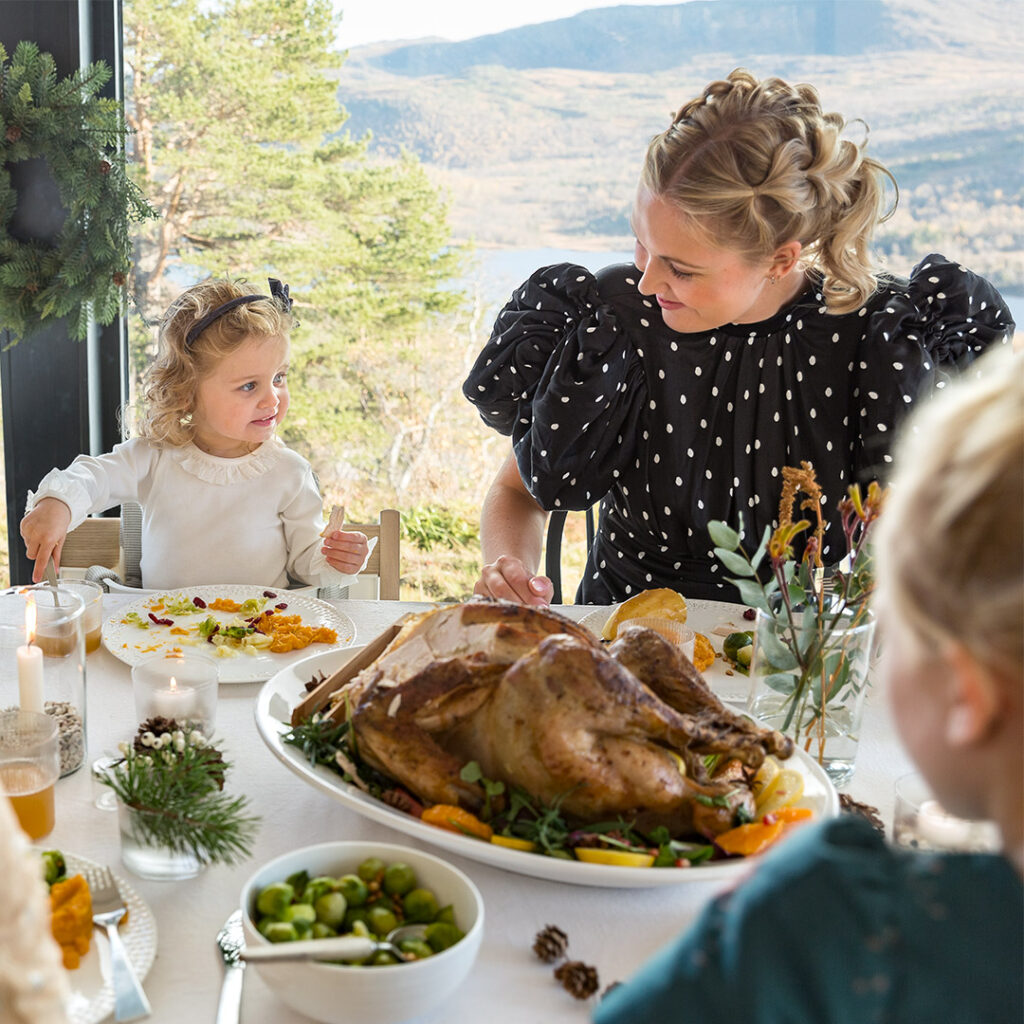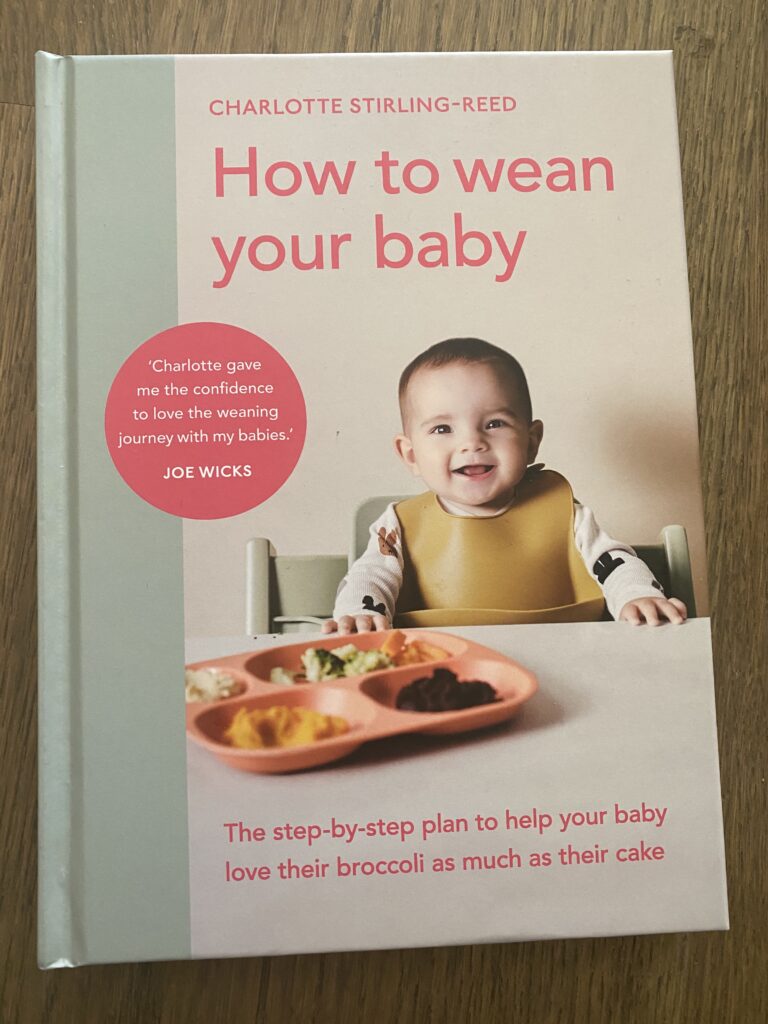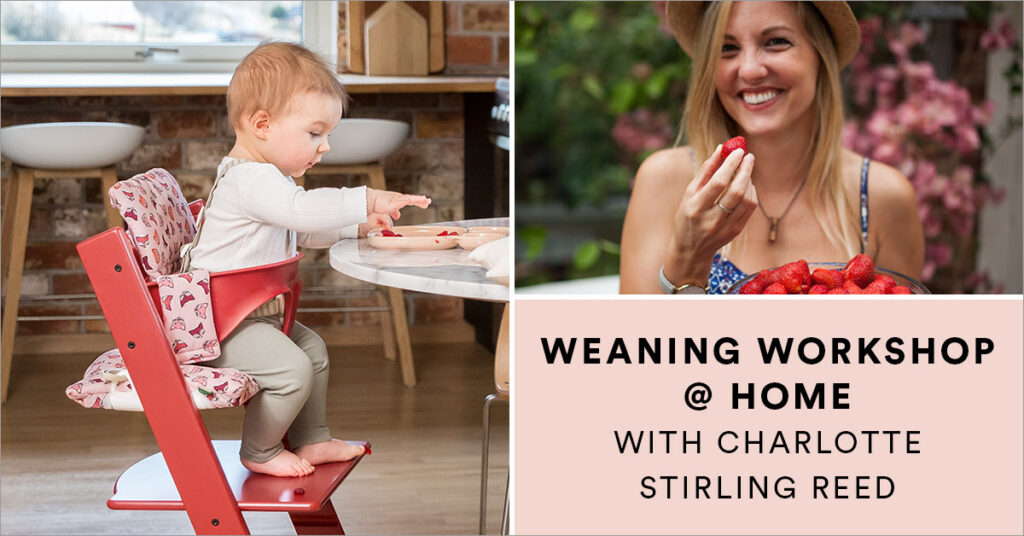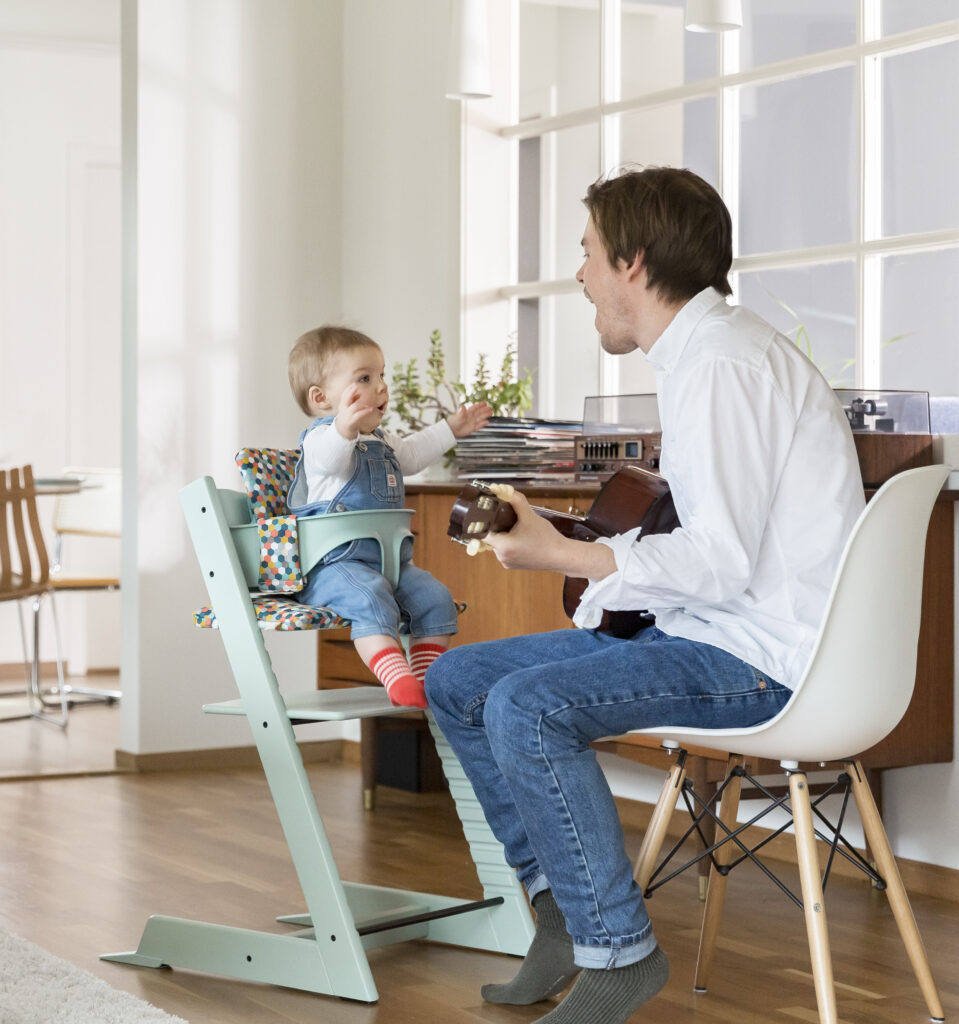It is not uncommon for parents to worry about the nutritional value of the food they are serving their children and little ones. The food children and babies eat when they are younger can really make a difference on how they eat as they get older. However, it’s important for parents to keep the pressure off for everyone, including themselves. Think about what’s eaten over a week, not day to day and avoid coaxing little ones to eat or ensuring kids stay at the table until they’ve finished the meal. All of this can impose negative associations around foods which is ultimately what we want to avoid if we’re trying to create little foodies. According to research recently conducted by Stokke 53% of parents struggle to prepare a meal that the entire family will enjoy.

Make choice part of your mealtime routine. Kids are more likely to eat something they feel they’ve had a say in, so instead of just plating up their food, ask them first “do you want X or Y with your dinner” or “Would you like spaghetti or rice for dinner today?” for example. You could also try offering multiple sides and giving them autonomy to choose what they want. You’ll probably be surprised how much more gets eaten when it’s them calling the shots. Younger babies don’t often have much choice in their meal options but try offering them a variety & following their lead. At mealtimes have conversations about the meals and foods on offer, allow honest opinions and maybe even make a game of rating the meals for the week. This can help children and toddlers to really think about their foods and their likes and dislikes a little more as well as being mindful about the foods they are eating.
Three fifths (60%) of families will always eat their families will always eat their family meals together at the dinner table. Sitting together and being present at mealtimes helps, but actually eating similar things can also help children to accept a wider variety. Some research shows that families eating together is a big factor in positively influencing the diets of their children, so as much as you can try to ROLEMODEL what a balanced diet looks like, and it’s likely your little ones will follow suit. Remember babies also learn the WHAT and the HOW of eating from copying their parents and those around them too, which is why I love the Stokke Tripp Trapp as a great way to bring baby right to the table with you at mealtimes. Research, conducted by premium children’s brand, Stokke, explored the importance of eating meals together as a family, found that 49% of participants believe eating together as a family creates a happier child and 34% believe it creates a more confident child.
With 82% of parents worrying about the nutritional value of the food they are serving their children and want to ensure they get the balance right – here is what I try to give my children for Breakfast, Lunch and Dinner:
Breakfast
Breakfast is often porridge, or pancakes – mainly because it’s SO easy to add extras to these – extra flavours such as cinnamon, or ginger, extra nutrients from peanut butter or milled seeds stirred in or extra portions of your 5 a day with some berries thrown into the batter/with the oats or even just sticks on the side.
Lunch
I like a picky finger food lunch for those busy days. Trying to make this balanced is often easy too so things such as
Wraps with hummus and pepper
Cucumber fingers with yogurt dip and leftover curries
Tuna, yogurt and sweetcorn spread on toast
Omelettes with potato, mixed veg and cheese
Dinner
Tends to be something hot, but it does vary.
I love potato tots for babies as they are just so simple and easy to vary.
Otherwise, it’s whatever we’re having for dinner
Pasta with chickpea and tomato sauce
Chilli with potatoes and some grated cheese
I’m all about trying to make the most of meals and balance the food groups on offer where possible so that you know babies AND kids are getting all the nutrients they need. This means I’m always thinking about what I can sprinkle on top, what I can use as a dip or how I can add extras like lentils, fish or beans to pasta sauces.
Stokke are hosting a FREE weaning webinar – How to raise a confident foodie and help your baby love their broccoli as much as their cake! Charlotte Stirling-Reed Nutritionist and Author will be on Zoom 28th April at 8pm. https://www.eventbrite.com/e/how-to-wean-your-baby-mini-masterclass-tickets-143331352935?aff=Media10
Expert nutritional advice from Charlotte Stirling-Reed, author of new book “How to wean your baby”, that publishes on 29th April but available for pre-order. www.amazon.co.uk/dp/1785043242 @sr_nutrition
Stokke is a leading high end baby brand in Scandinavia whose ethos is to nurture family bonding, having your baby closer to you and the importance of eye contact. The iconic Tripp Trapp® highchair was launched in 1972 and has since sold more than 12 million worldwide. www.stokke.com @stokkebaby
 Weaning a baby, especially if it is your first, can be hard and scary. You are so worried about getting it right. I wish I had this wonderful book from Charlotte Stirling-Reed years ago. It would have made my life so much easier. It is a step-by-step guide and it starts with vegetables. Not the cliché baby rice.
Weaning a baby, especially if it is your first, can be hard and scary. You are so worried about getting it right. I wish I had this wonderful book from Charlotte Stirling-Reed years ago. It would have made my life so much easier. It is a step-by-step guide and it starts with vegetables. Not the cliché baby rice. 


